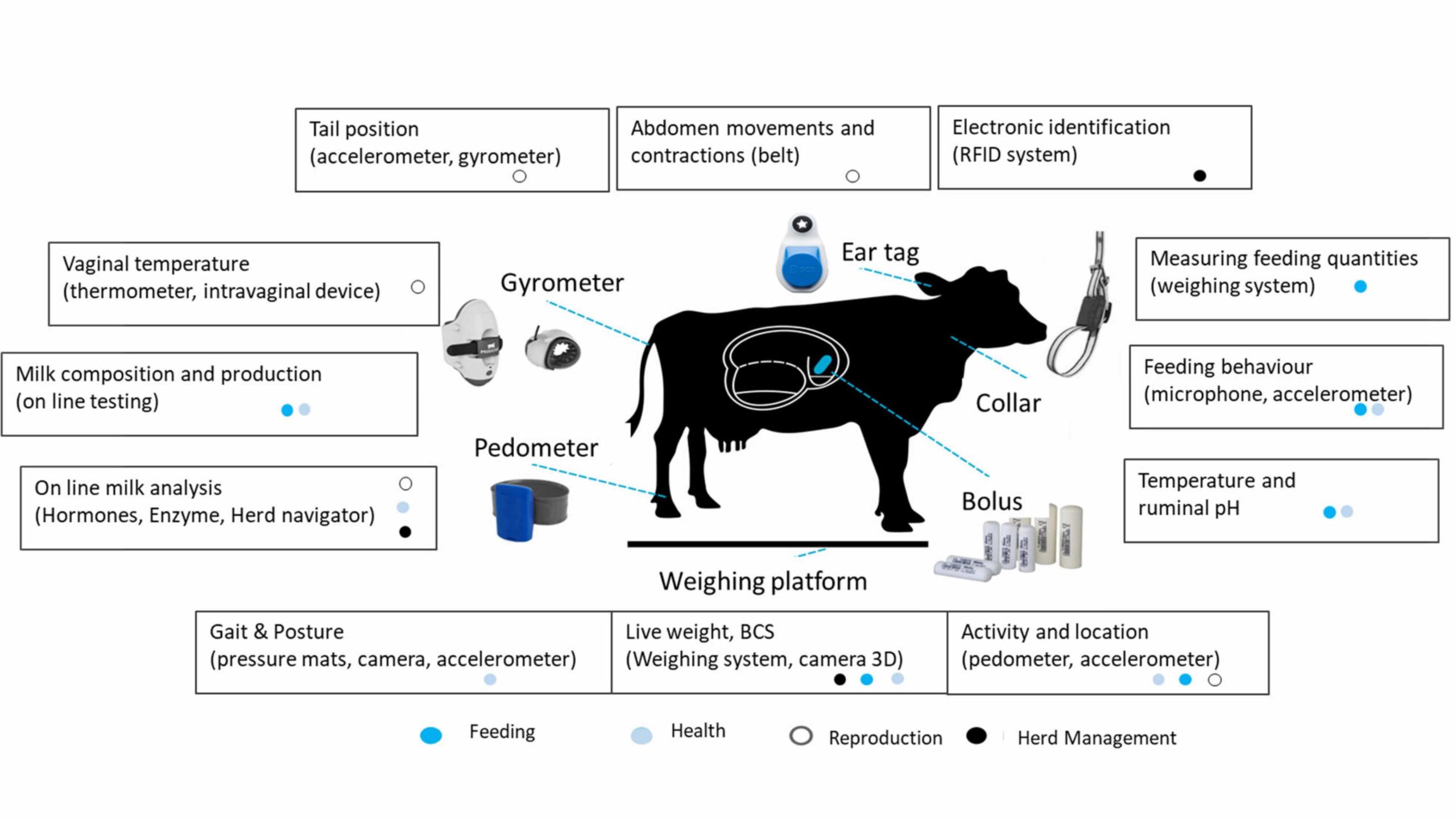Farmers around the world are grappling with the impacts of climate change and their struggle is only going to get worse as extreme weather events, shifting weather patterns, and increased temperatures make it more difficult to grow enough food to feed an increasing world population.
Climate change “has already affected agricultural productivity and will put increasing pressure on agriculture in the coming decades,” write Gerald Nelson and Tolulope Olofinbiyi in IFPRI’s Global Food Policy Report (GFPR), to be released April 23.
If farmers—especially those in the developing world—don’t adapt to the changing climate and world leaders don’t agree to cut greenhouse gas emissions, global food production will not be able to keep up with a population set to reach nine billion by 2050.
IFPRI’s web-based mapping tool, based on findings from its climate modeling work, provides a glimpse of climate change’s potential impact up to 2050. Food Security Climate, Agricultural, and Socio-Economic (CASE) Maps determine the national or regional effects of climate change on specific crops, malnutrition rates, and more. The CASE Maps results and analysis featured in the GFPR reveal that the future isn’t rosy if world leaders don’t take action soon.
- Launch Seminar: April 23
- Full Report
- Preview booklet: English |Français
- Media materials
- All related video
Download in PDF
Progress by delegates to the United Nations Framework Convention on Climate Change (UNFCCC) toward a global treaty that slashes greenhouse gas emissions and provides financial support to developing countries adapting to climate change has been real but slow. Some countries, rather than wait for a UNFCCC treaty, have invested in “agricultural adaptation and mitigation activities that could have high payoffs today and lead to increased resilience tomorrow,” write Nelson and Olofinbiyi.
IFPRI’s 2011 Global Food Policy Report—the first in a new annual series—reflects on the challenges and developments of 2011 and provides an outlook for 2012.







